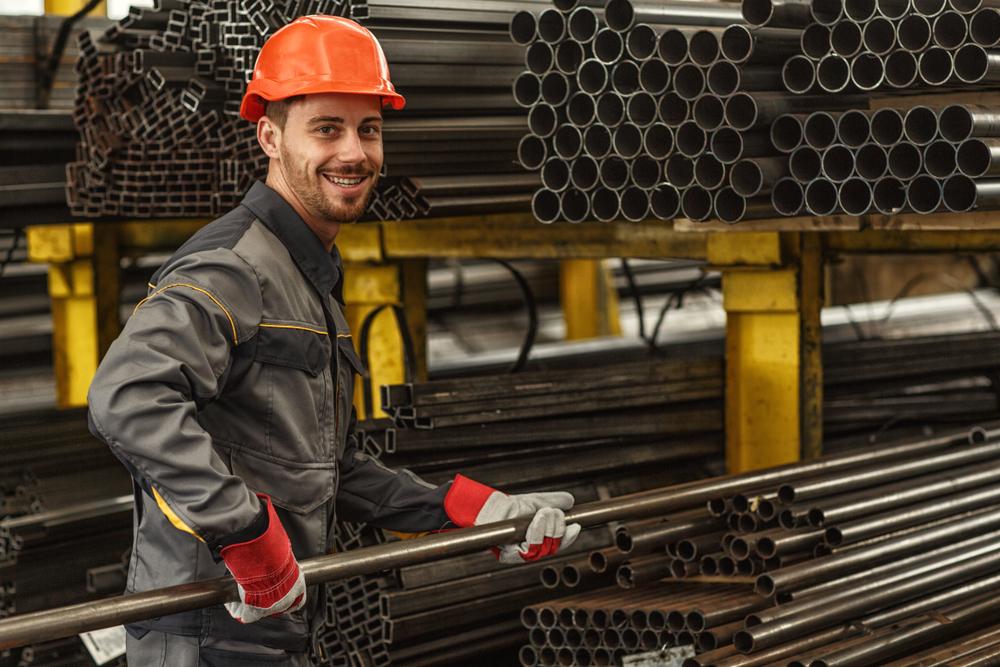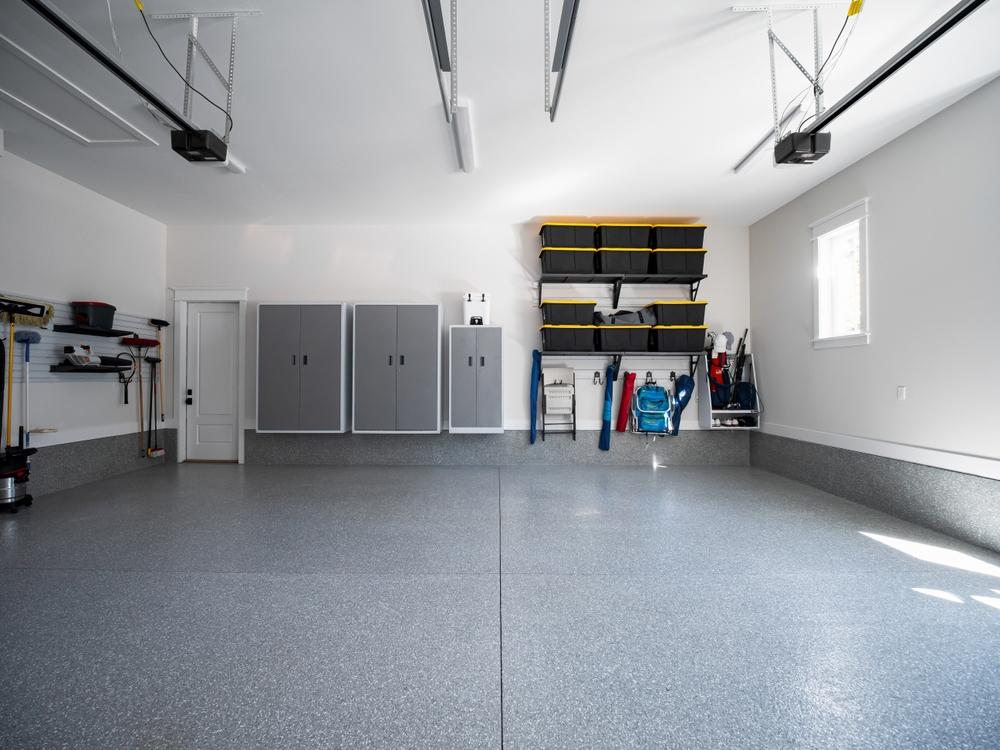Exploring Steel Options in the U.S.: Comprehensive Guide to Types, Pricing, and Affordable Providers
Discover the various types of steel in the U.S. For more information, use a quick search below.
Steel Options in the U.S.
1. Carbon Steel
Carbon steel is the backbone of many industries due to its strength, durability, and affordability. It is categorized by its carbon content, which determines its properties and applications.
Subcategories and Applications:

- Low-Carbon Steel: Contains less than 0.3% carbon, offering high ductility. Used in structural applications, pipelines, and automotive panels.
- Medium-Carbon Steel: Contains 0.3% to 0.6% carbon. Known for its strength and wear resistance, ideal for machinery parts, axles, and gears.
- High-Carbon Steel: Contains 0.6% to 1.4% carbon. Extremely hard and wear-resistant, it’s used for cutting tools, springs, and high-strength wires.
Pricing:
The cost of carbon steel ranges from $500 to $1,200 per ton, depending on its grade, production method, and demand.
Advantages:
- Widely available and affordable.
- Versatile for a wide range of applications.
2. Alloy Steel
Alloy steel is enhanced with elements such as chromium, manganese, and vanadium to improve its mechanical properties. It offers superior strength, toughness, and resistance to wear and corrosion.
Common Alloys and Uses:
- Chromium Steel: Used in automotive parts, tools, and machinery due to its hardness.
- Nickel Steel: Preferred for structural and engineering applications.
- Molybdenum Steel: Popular in the oil and gas industry for its high-temperature performance.
Pricing:
Prices for alloy steel range from $1,200 to $2,500 per ton. Costs vary based on the alloy composition and market demand.
Advantages:
- Customizable properties for specific industrial needs.
- High durability and long service life.
3. Stainless Steel
Stainless steel is highly valued for its corrosion resistance, strength, and aesthetic appeal. Its versatility makes it suitable for a wide range of industries, including construction, healthcare, and food processing.
Subcategories and Applications:
- Austenitic Stainless Steel: Non-magnetic and resistant to corrosion, used in kitchen equipment, chemical tanks, and architectural structures.
- Ferritic Stainless Steel: Magnetic and cost-effective, often used in automotive exhaust systems and appliances.
- Martensitic Stainless Steel: Strong and wear-resistant, used for surgical instruments, cutlery, and industrial blades.
Pricing:
Stainless steel typically costs $1,500 to $3,000 per ton. Prices depend on the grade and market trends.
Advantages:
- Excellent resistance to rust and corrosion.
- Low maintenance and long lifespan.
4. Tool Steel
Tool steel is a specialized type of steel designed to manufacture cutting, drilling, and shaping tools. It is engineered for hardness, heat resistance, and durability.
Types and Applications:
- Water-Hardening Tool Steel (W-Grade): Used for cutting and shaping wood.
- Cold-Work Tool Steel: Ideal for tools that don’t reach high temperatures, like punches and dies.
- Hot-Work Tool Steel: Designed for high-heat applications, such as forging and casting tools.
Pricing:
Tool steel costs range from $2,000 to $4,000 per ton, depending on the grade and intended use.
Advantages:
- High performance in demanding environments.
- Long lifespan and resistance to wear.
Steel Pricing Dynamics in the U.S.
Steel pricing is influenced by several key factors:
- Raw Materials: The cost of iron ore, coal, and alloys significantly impacts prices.
- Supply Chain: Logistics and distribution challenges can increase costs.
- Tariffs and Trade Policies: Import/export regulations affect domestic pricing.
- Demand Trends: High demand from construction, automotive, and energy sectors drives prices upward.
On average, steel prices range from $500 to $4,000 per ton, varying by type and market conditions.
Affordable Steel Service Providers in the U.S.
1. Steel Dynamics, Inc. (SDI)
- Specialties: High-quality carbon steel, structural steel, and recycled steel.
- Advantages: Cost efficiency and environmental sustainability.
2. Nucor Corporation
- Specialties: Sustainable production of carbon and alloy steel products.
- Advantages: Affordable pricing and wide distribution network.
3. United States Steel Corporation (U.S. Steel)
- Specialties: High-strength steel for construction and automotive sectors.
- Advantages: Flexible pricing and premium-grade materials.
4. Reliance Steel & Aluminum Co.
- Specialties: Stainless steel, aluminum, and specialty alloys.
- Advantages: Transparent pricing and volume discounts.
5. Cleveland-Cliffs Inc. (AK Steel)
- Specialties: High-performance steels for automotive and energy industries.
- Advantages: Competitive rates and innovative solutions.
Tips for Cost-Effective Steel Procurement
- Plan Ahead: Purchase steel during periods of low demand to save on costs.
- Negotiate Contracts: Work directly with suppliers to secure bulk discounts.
- Consider Recycled Steel: Environmentally friendly and often more affordable.
- Monitor Market Trends: Keep an eye on global and domestic pricing dynamics.
- Partner with Local Suppliers: Reduce shipping costs and ensure timely delivery.
The U.S. steel industry offers a diverse range of products, from versatile carbon steel to high-performance alloy and tool steels. By understanding the options available and leveraging affordable providers like Steel Dynamics and Nucor, businesses can optimize their steel sourcing strategies. Stay informed about market trends and explore opportunities for savings through bulk purchases and local partnerships. With careful planning, steel investments can support long-term success and sustainability.











